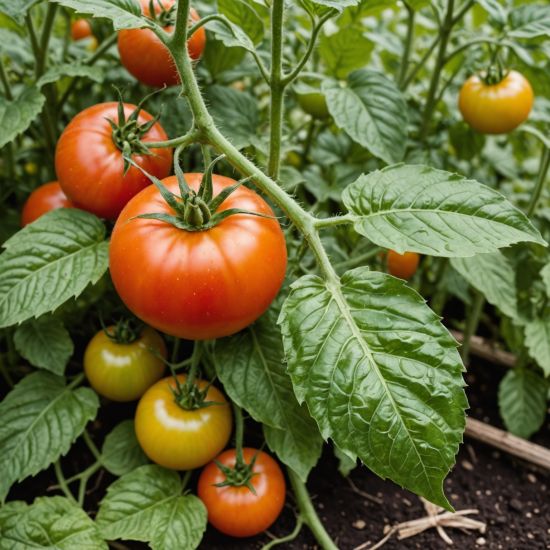Potential Risks of Consuming Vegetables Treated with Pyrethrin

Pyrethrin is a natural insecticide derived from the flowers of certain chrysanthemum plants. It is commonly used in agricultural practices to control pests and protect crops, including vegetables. While pyrethrin is generally considered safe for human consumption when used according to regulations, there are potential risks associated with its use on vegetables.
Toxicity and Health Concerns
One of the primary concerns regarding pyrethrin is its potential toxicity. Pyrethrin can cause a range of adverse health effects, including:
- Neurological effects: Pyrethrin can affect the nervous system, causing symptoms such as headaches, dizziness, tremors, and in severe cases, seizures.
- Respiratory problems: Inhalation of pyrethrin can irritate the respiratory tract, leading to coughing, wheezing, and difficulty breathing.
- Skin irritation: Contact with pyrethrin can cause skin irritation, redness, and itching.
- Allergic reactions: Some individuals may develop allergic reactions to pyrethrin, ranging from mild skin rashes to more severe systemic reactions.
Residue Levels and Food Safety
Another concern related to pyrethrin use on vegetables is the potential for residual contamination. Pyrethrin can leave behind residues on the surface of vegetables, which may pose a risk to consumers if not properly washed or removed. The presence of pyrethrin residues in food can increase the likelihood of ingesting the insecticide and experiencing its associated health effects.
Environmental Impact
Pyrethrin can also have adverse effects on the environment. It is toxic to a wide range of beneficial insects, including bees, butterflies, and other pollinators. The use of pyrethrin in agriculture can disrupt ecosystems and contribute to the decline of pollinator populations, which are crucial for plant reproduction and biodiversity.
Minimizing Risks
To minimize the risks associated with consuming vegetables treated with pyrethrin, several precautions can be taken:
- Thoroughly wash vegetables: Before consuming vegetables, wash them thoroughly under running water to remove any surface residues of pyrethrin.
- Choose organic produce: Opt for organic vegetables whenever possible, as they are grown without the use of synthetic pesticides, including pyrethrin.
- Limit exposure: If you are sensitive to pyrethrin or experience any adverse reactions, limit your exposure to vegetables treated with this insecticide.
By following these precautions, you can reduce the potential risks associated with consuming vegetables treated with pyrethrin and ensure a safer and healthier diet.






